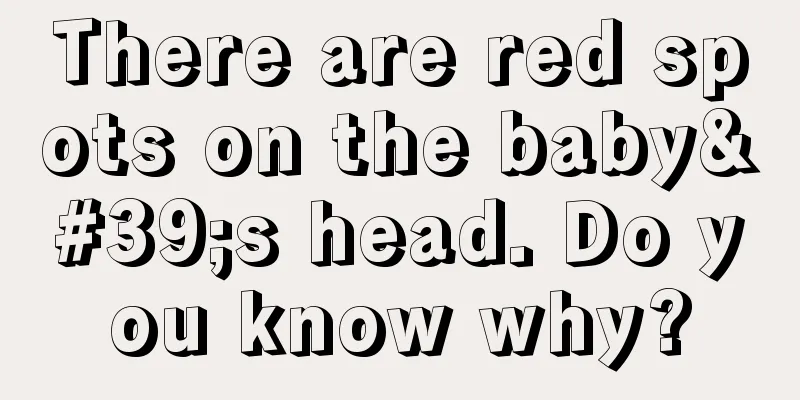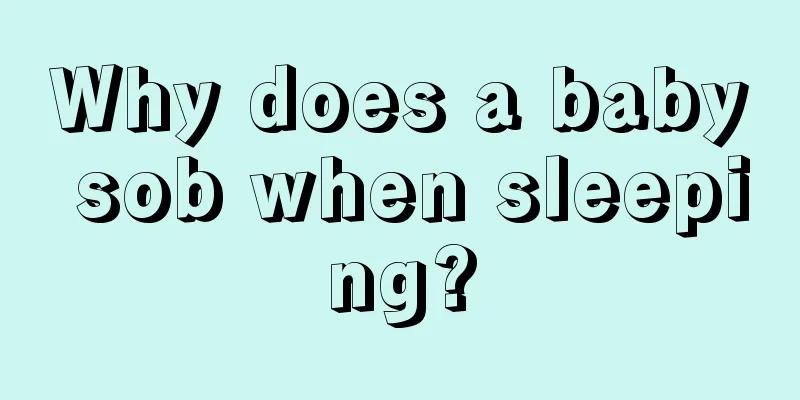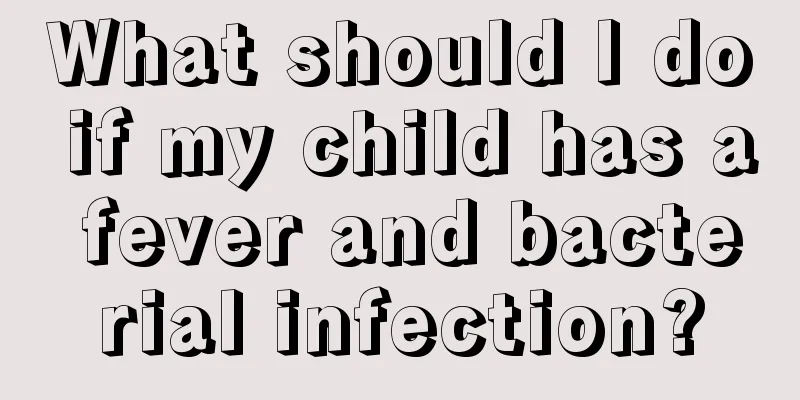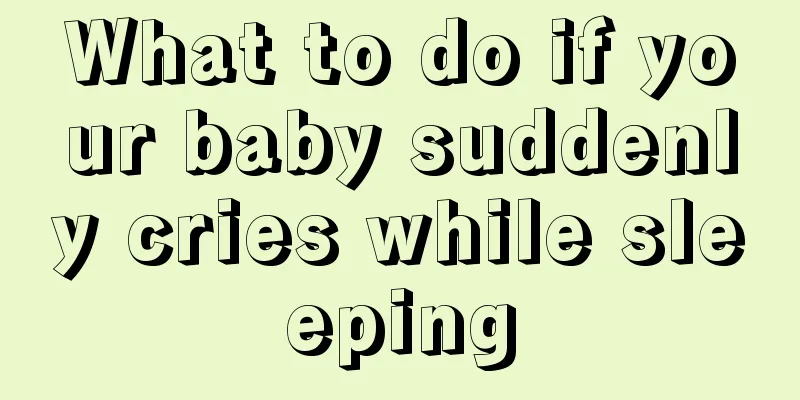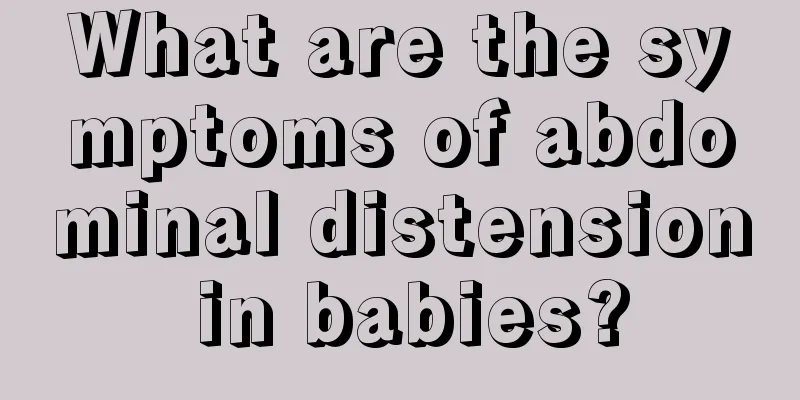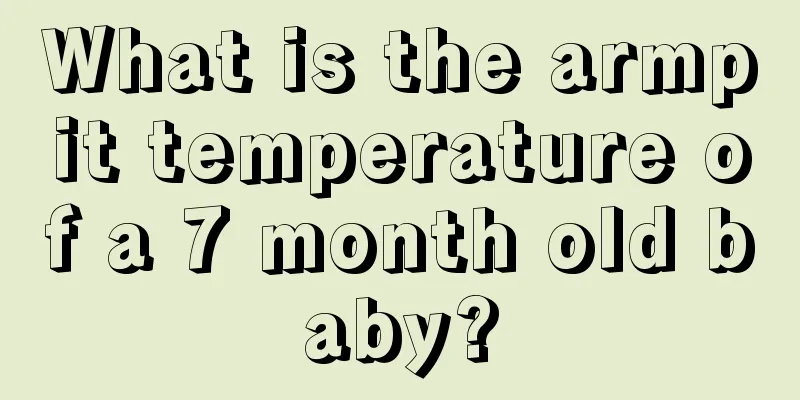What are the clinical manifestations of juvenile glaucoma?

|
Glaucoma seriously affects people's daily lives. If teenagers do not pay attention in their daily lives, they may also get glaucoma, a terrible disease. So what are the symptoms of adolescent glaucoma? When something happens, it indicates that you may have glaucoma. Let's take a look at what the doctor says. The doctor tells us that the symptoms of adolescent glaucoma can be divided into the following points: Clinical manifestations Except for the large fluctuations in intraocular pressure, the symptoms are basically the same as those of primary open-angle glaucoma. The disease is insidious and progresses slowly. Because the presence of glaucoma in this age group is often not suspected and is only discovered when obvious glaucomatous signs appear, the diagnosis of this type of glaucoma must be taken very seriously. Because glaucomatous optic disc retraction in young people is atypical. Especially in myopic patients with glaucoma, glaucomatous papillary retractions tend to be shallow and wide. Generally speaking, juvenile glaucoma is a more serious condition. Intraocular pressure tends to be variable, and there may even be significant differences from day to day. It is more common than in chronic simple glaucoma to have a rapid increase in intraocular pressure and halo vision. A glaucomatous state should be suspected in all children and young adults with rapidly progressive myopia. High intraocular pressure acts on the dilatable cornea and sclera of young people, thereby aggravating myopia. In the developed cases, progressive optic atrophy and optic disc retraction may be seen, as in chronic simple glaucoma, combined with glaucomatous visual field loss. Tonometry showed low aqueous humor flow coefficient. I believe the above content has given us an understanding of the symptoms of adolescent glaucoma. The doctor told us that when you have the above symptoms, you may have glaucoma. Therefore, everyone must not take it lightly in daily life. When the above symptoms appear, you must go to the hospital for examination and treatment in time. I believe that as long as you follow the doctor's guidance and suggestions for treatment, you will be able to recover your health as soon as possible. |
<<: What to do if your baby has a big tongue
>>: Treatment of kidney disease in children.
Recommend
Reasons why children's teeth grow slowly
There may be various reasons why a child's te...
Baby choking on amniotic fluid at birth
Everyone should know that babies rely on the nutr...
At what age do children start to grow teeth
As children grow up, parents are more concerned a...
What should I do if my child has a boil?
Many people may not know about the skin disease c...
Can children take Niuhuang Jiedu Tablets?
In real life, many people will take Niuhuang Jied...
Should children wear more or less when they have a fever?
Parents are not unfamiliar with children's fe...
What causes dark circles under baby's eyes?
Speaking of dark circles, everyone knows that it ...
What are the reasons why three-year-old babies cry in the middle of the night?
According to medical data in our country, the cry...
What is the best time to supplement calcium for newborns?
We all know that the baby's growth has a part...
How much is the appropriate weight for a three month old baby
Now that people's living conditions have impr...
The fastest way to stop vomiting in children
Children often vomit due to gastrointestinal prob...
Treatment for newborn baby sucking his thumb
Nowadays, examples of newborns sucking their thum...
Why do children grind their teeth when sleeping at night?
In our lives, the baby's physical health is a...
Treatment of lymphadenitis in children
I believe everyone knows the importance of lymph ...
When is the best time to wean your baby?
The baby is in a special critical period after bi...
